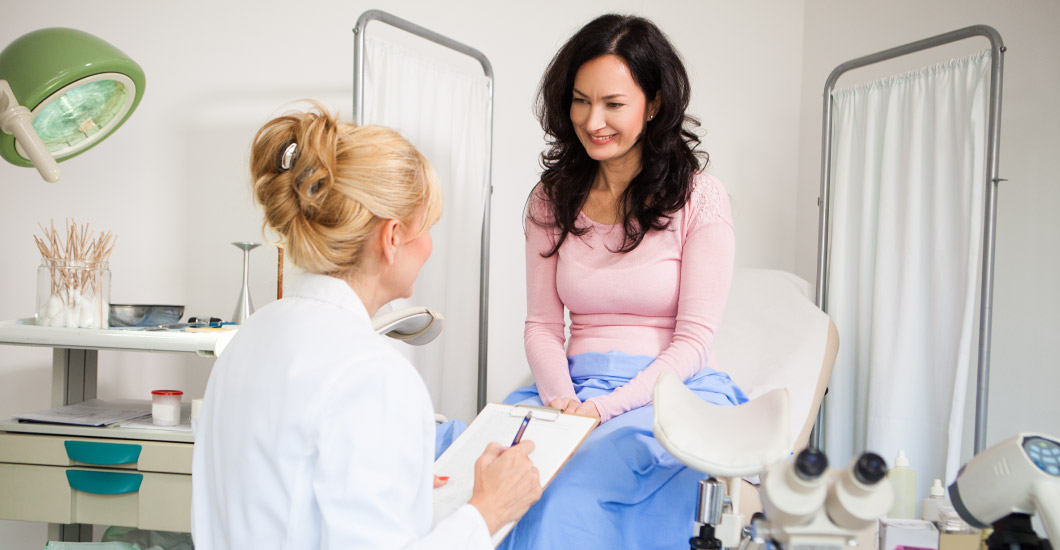Does a pap smear hurt?
Doctor's advice /

If you are a woman, it is likely that at some point you have heard about the importance of getting a pap smear done. A pap smear test is used to detect abnormal changes in the cells of your cervix before they turn into cancer.
Cervical cancer screening, or pap smear, has been shown in many clinical studies to significantly reduce the number of new cases and deaths from this disease. During a pelvic exam, the doctor collects a small sample of cells from the cervix to send to a lab to look for abnormal cells.
Annual pelvic exams and regular pap smears are recommended for women starting at 21 years of age.
How is the pap smear sample collected?
During a pelvic exam, you will be provided a disposable covering and asked to undress waist down. You will be asked to lie down on a table with your feet in stir-ups while your doctor examines your vulva, vagina, cervix, and pelvis.
Your doctor will use a medical device called a vaginal speculum to spread the vaginal walls apart so they can view your cervix. The doctor will use a small brush and plastic spatula to swab a sample of cells from the cervix to be sent to the lab—this is the actual pap smear.
Does a pap smear hurt?
In general, a pap smear is painless. This is the same regardless of sexual and reproductive history.
When the doctor introduces the vaginal speculum device, it may cause a sensation of pressure in the pelvic area. The pap smear itself may cause slight pressure but is not supposed to cause pain.
If you feel any type of pain during the smear, tell your doctor what you feel immediately so they can take the necessary measures.
How long does a pap smear take?
A pelvic exam in general is quick—it only takes a couple of minutes. Though the test results for a pap smear may take up to three weeks. If the test results come back abnormal, it is not cause for alarm as there are many reasons that could happen. The doctor will determine next steps to take.
How often should women get the pap smear test?
An annual pelvic exam is recommended for all women starting at age 21. For most women, it’s okay to have a pap smear every three years for ages 21 to 29 and every five years for ages 30 to 65. If you have a hysterectomy, a pap smear is no longer needed unless it is done to test for cervical or endometrial cancer.
This is a recent change from decades of annual pap smears because research shows that pap smears aren’t necessary for most women. You and your doctor may decide that a different frequency is appropriate based on your age, family history, lifestyle, and health condition.
What if I'm menstruating?
Neither a pelvic exam nor pap smear test should not be done while you are menstruating. You should reschedule your appointment if your annual exam falls during your period.
A good time to get tested is about five days after the last day of your period. It is also recommended to avoid certain activities for 2 to 3 days before the pap smear. For instance:
- Avoid using vaginal creams and washes
- Avoid using tampons
- Avoid having sex
- Avoid using vaginal foams and contraceptives
The doctor will determine the next steps to take, if any are necessary, depending on the results obtained from the test.
Book your next pelvic exam
At Sanitas, we offer a wide variety of tests such as pap smear to reduce the risk of cervical cancer and other health problems. It is not necessary for you to go to a gynecology specialist for your annual pelvic exam or a pap smear cervical cancer screening. And for your convenience, we are open extended hours and weekends at most locations.
Make Sanitas your one-stop medical home—book your next appointment online now!


